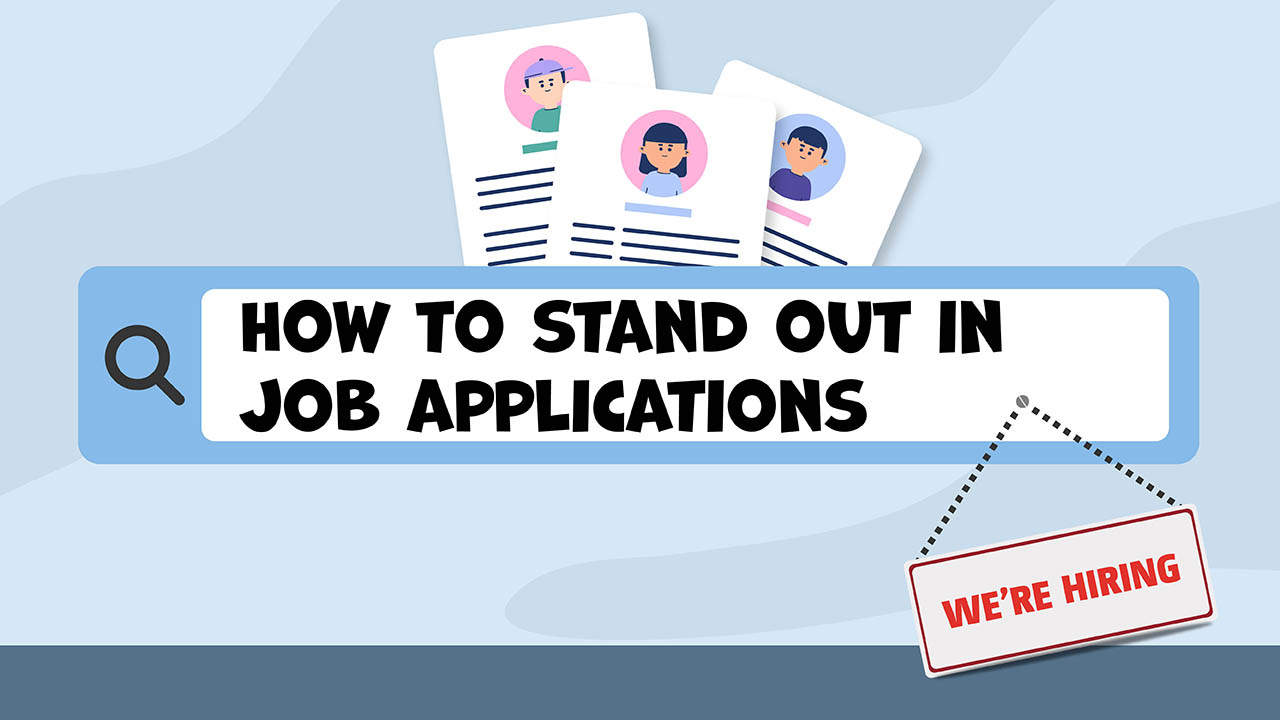How to stand out in job applications
 CREDIT: FSU PUBLICATIONS AND COMMUNICATIONS DEPARTMENT
CREDIT: FSU PUBLICATIONS AND COMMUNICATIONS DEPARTMENTHunting for jobs can be tough. It’s also discouraging when you see hundreds of people applying for the same job. Kelsey Currie, Manager of Cooperative
Education and Entrepreneurial Services at Fanshawe said new trends are cropping up in terms of how candidates are setting themselves apart. For example, Currie believes that showing examples of your work to the employer is a very crucial segment to start adding.
“Rather than just saying you have problem solving skills, you would elaborate on that by saying something on the lines of, ‘You demonstrate problem solving skills by working in a team of six,’” Currie said.
Providing examples of your work is a great way to show how you honed your skills. Even though resume applications do vary for each job category, examples of your work can go a long way.
“The days are gone where you could list out all of your skills on the resume and that people would trust we have them if we say we do,” Currie said.
Most job applications are sent digitally nowadays. It’s crucial to figure out how to stick out from the crowd when applying. Currie mentioned that building a strong social media profile can help with that.
“Some students will create a social media profile and use it as a portfolio of their work,” Currie said. “We’re also seeing a trend of graphic resumes being used, especially in the more creative job fields.”
These job fields are usually graphic designers or photographers. Currie said they’re not seeing a standard black and white format and will have some colour or infographics on their resume.
“That’s not for everyone though,” Currie said. “We aren’t going to see our accountants making these types of resumes.”
It also may depend on where you might be looking to apply as well.
“If you’re an accountant applying at Shopify, then you might want to be creative with it,” Currie said.
Another example is the field of media and communications. For these professions, Currie suggested a video portfolio, but this may not apply to everyone.
“Video portfolios are the way of the future but handing in a paper type copy of resumes is still the norm,” she said.
Education and experience won’t be leaving from resumes. Currie believes that this will be a standard piece to add regardless of the format. Currie has been working in this field for nine years and has seen all the dos and don’ts with resumes.
“Our team at Fanshawe’s career services and cooperative education are big believers that you should customize your resume and cover letter for every job,” she said.
The more you can showcase on your resume, the better. But Currie doesn’t want to see students feel that they need to showcase everything on the resume.
“If the job is asking for time management, problem solving and critical thinking then that’s what I would want to see you focus on,” she said.
Currie mentioned that they are seeing more employers Googling applicants. She thinks having videos on YouTube or TikTok showing examples of your skills in a professional manner can help but clarified that you should still make sure to follow the application guidelines.
“If you upload a video instead of a resume when the job posting is asking for a traditional resume, that’s probably not going to go over well,” Currie said.















